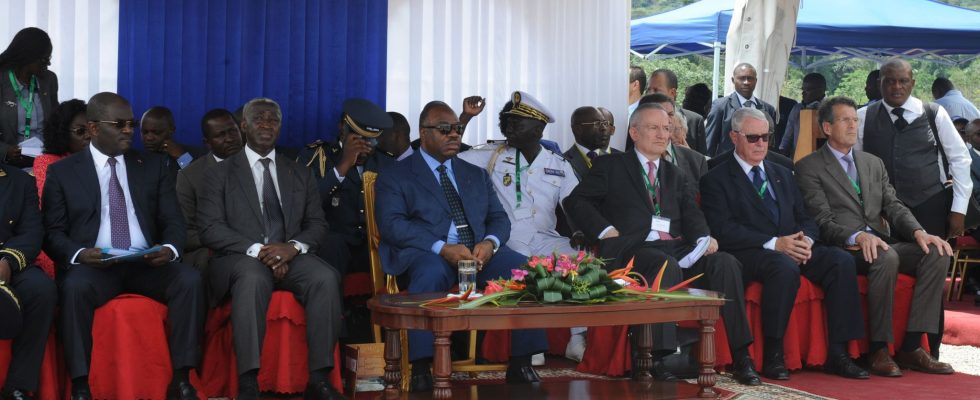With each new coup d’etat in Africa, the same question comes up on the table: will France’s economic interests in the country be threatened? That which occurred on the night of Wednesday August 30 in Gabon is no exception. In this sparsely populated country – 2.4 million inhabitants – but rich in raw materials such as oil, wood or even manganese, France remains the leading supplier, albeit at low levels: 536 million euros in 2022 , against 6.5 billion euros for Morocco and 4.5 billion euros for Algeria.
Conversely, Gabon exports little to our territory. For Aroni Chaudhuri, economist at Coface and specialist in the region, this coup should not have a significant impact on economic relations with France, nor on those with other trading partners, including the main ones, China. and India.
L’Express: What are France’s economic interests in Gabon today?
Aroni Chaudhuri: They are relatively weak. If we take the structure of Gabon as an economy, it is a country which is quite one-dimensional, that is to say which exports mainly raw materials, in particular oil – its main outlet -, wood and manganese-type ores.
Gabon’s export customers are mainly China, India and a few neighboring countries such as Cameroon and Congo, which are fairly important partners. France represents about 1% of exports, it’s really not much. Afterwards, it exports French products to Gabon, in particular equipment, but these are not huge amounts.
Could this coup be a game-changer?
It is still too early to know how this putsch will affect the country’s economy. The various coups that have taken place since 2020 have had relatively little impact on current trading. For France, as for other trading partners, the impact should be limited. Afterwards, some French companies based in Gabon, such as the mining group Eramet, temporarily suspended their operations due to the instability there, before resuming.
What is the economic weight of Gabon in Africa?
Gabon is a small country whose weight in the African GDP is not very substantial. It is a little more so if we only consider oil. It’s not at the level of Algeria, Angola or Nigeria, but there are more than 200,000 barrels produced per day, which is not negligible. Besides, it is part of OPEC+ and the Economic Community of Central African States.
In my opinion, we should rather look at its influence in relation to the region, and not to the African continent. Cameroon or Congo which have direct trade relations with it, due to their proximity, may be affected. The repercussions on China or India should not be major.
Gabon is betting heavily on oil but it is also planning for the aftermath of black gold. Is this strategy likely to evolve?
There is no sign, for the time being, of an upcoming change in the country’s economic trajectory. This coup aims first to bring down the regime. If the country’s economic fundamentals and current affairs are not too distorted by this event, what had been put in place will a priori continue. Gabon has an original approach in Africa: it has bet on the green transition by selling carbon credits thanks to its natural endowment consisting of immense forests that cover almost the entire territory.
The pending question is that of the impact on the institutions that implement this strategy. We have not seen an upheaval of this order in the other States which have experienced a putsch recently. A priori, there is therefore no threat. As in most oil-producing countries, productivity has been falling since the fall in prices that began in 2014. Gabon also believes that with the world’s needs for minerals, its geological resources are undoubtedly more buoyant. than the old oil windfall.
